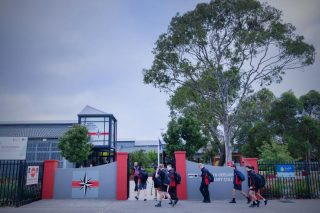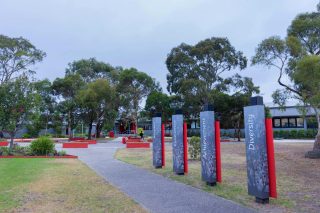The overarching objective of a school council is to assist in the efficient governance of the College, in our case North Geelong Secondary College. Details of the objectives, functions, powers and duties of a school council are set out in the following link: School Council Presentation. Councils are required to comply with policies, guidelines, advice and directions issued under the Act by the responsible Minister.
The configuration of the North Geelong Secondary College School Council (according to constituting order) is as follows:
Parent Category: 9 parents
DE employee category: 5 members
Community member category: 1 member
Government school councils are established for the purposes of the Education and Training Reform Act 2006 (the Act) and operate under the Act, their constituting Orders, the Education and Training Reform Regulations 2007 (the Regulations) and Government policy.
A Ministerial Order made under section 2.3.2 of the Act constitutes a school council as a body corporate and specifies the functions of the council and the powers it requires to perform its functions.
A school council, in its capacity as a body corporate, is a separate legal identity to its members.
As a body corporate the council is capable of entering into and pursuing legally enforceable arrangements, provided those arrangements are within the scope of the council’s authorised objectives, functions and powers. Conversely the council as a body corporate is capable of being sued and possibly prosecuted.











